Investigative journalists are being persecuted in Ukraine: the Bihus.Info team was wiretapped, and someone tried to break into the investigator Yurii Nikolov's house
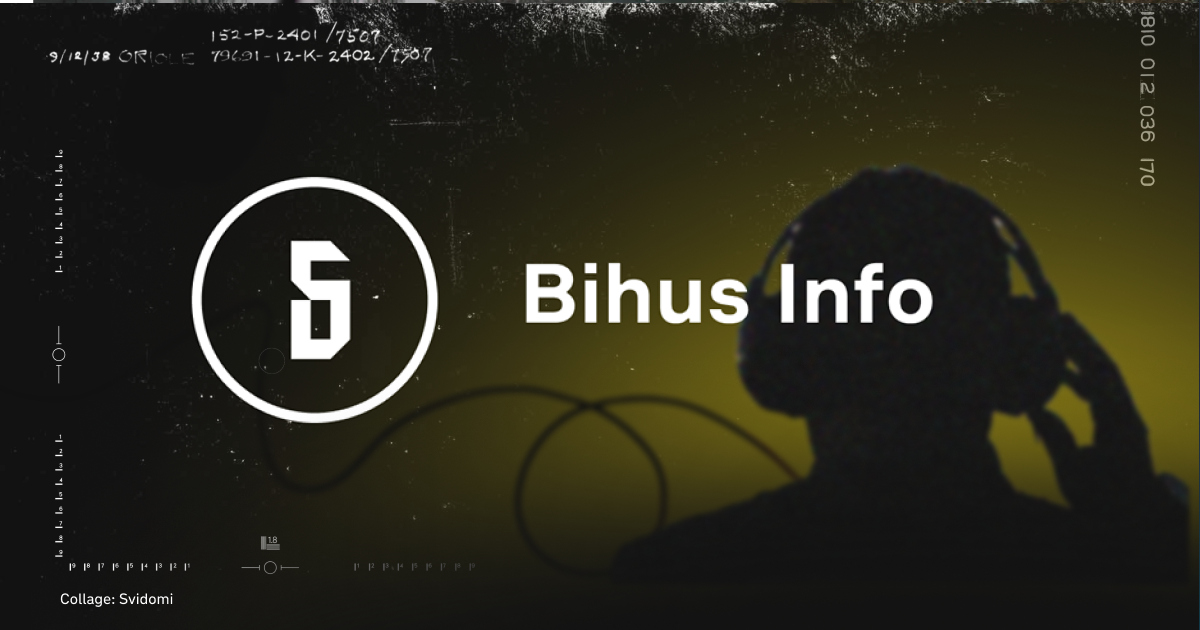
Unknown persons have been wiretapping the Bihus.Info investigative journalism team exposing corruption in Ukraine for at least several months. Also, someone tried to break into the house of the co-founder and editor of Nashi Hroshi media outlet, Yurii Nikolov, who exposed corruption in the Ministry of Defence.
The Bihus.Info project and Yurii Nikolov reported this.
On January 16, a video was posted online showing employees of Bihus.Info (an independent team of journalists and lawyers who expose corruption in Ukraine — ed.) using drugs during a New Year's corporate party (medical cannabis has been legalised in Ukraine, but the president has not yet signed the law. All other types of drugs are prohibited — ed.) The video was posted by Narodna Pravda, a website that claims to be an investigative media outlet.
What is this resource, and why is it important in the context of this story?
The media outlet's website lists the editorial team that writes the materials. However, as fact-checker and journalist Aliona Romaniuk found out, these people may not exist but may have been generated by artificial intelligence.
"The editor-in-chief is Maria Shvetsova, but Google has no information about her except as the main character in a Russian TV series. Allegedly, Shvetsova worked for such newspapers as Novyny Kyiv (does not exist), Nasha Nyva (does not exist in Ukraine, and in Belarus, there is no mention of Shvetsova), and Antykorruptsioner (another pseudonymous newspaper). The most interesting thing is the photo. If you enlarge it and look at the pupils, you'll see they are strangely shaped, not round. There's also something strange about the earrings — they are blurry and don't fit into the lobes. It is one of the signs that the photo was generated by artificial intelligence. If you run the photo through tineye.com, you'll see that it doesn't show this photo, but other AI-generated images," says Aliona Romaniuk.
The journalists of the Svidomi media outlet checked the photo with PimEyes, one of the most famous face recognition services available to any network user and often used in open data investigations. It detects the face in the photo and suggests other images that contain similar faces.
Requests for photos of "Mariia Shvetsova", "Stanislav Kravchenko", and "Oleksandr Zhelizniak", who are listed as editorial staff on the website, failed to find any photos of these "people" in the Ukrainian segment of the Internet. Furthermore, PimEyes could not find any pictures of these "people".
Instead, the results include many photos of people who somewhat look like "Shvetsova" or "Kravchenko". Probably, artificial intelligence used these photos to generate the faces of the Narodna Pravda "editorial team".
The founder of the Bihus.Info project, Denys Bihus, who is currently at war, noted that the video shows part of the team, particularly the camera operators. The journalists did not use drugs.
He assured that the situation would lead to staff changes and that "everyone who works with Bihus.Info will take drug tests".
"Today's story with our camera operators has another side: the entire team has been under surveillance for at least several months. There are many versions given the specifics of the media outlet's work," Bihus.Info noted.
According to Article 163. 1 of the Criminal Code of Ukraine, covert surveillance of people is prohibited. The unknown persons did not spy on the journalists in public places — the camera was installed in the hotel room where the journalists were staying during the New Year's corporate party.
The head of investigative journalism at The Kyiv Independent, Yevheniia Motorevska, noted that investigative journalists never publish personal data of the subjects of the investigation but only what is relevant to the public interest: signs of corruption, political agreements, and human rights violations.
In addition, Ukrainian journalists follow the subjects of the investigation in public places: summer terraces of restaurants, government buildings, etc. In addition, they film with permitted recording devices — ordinary cameras or phones. They also use recordings from CCTV cameras.
"Hidden cameras are banned in Ukraine and can only be used by law enforcement officers in official investigations," Motorevsla says.
Project editor Maksym Opanasenko noted that Bihus.Info has been working with officials and law enforcement for a long time (the project was founded in 2015 — ed.). Recent investigations have included high-profile stories about the President's Office employees, MPs from the presidential party and the chairman of the Servant of the People (Sluha Narodu —ed.) faction, and current and former law enforcement officers.
Currently, the Bihus.Info team is trying to find out who is behind the attack and is considering filing a complaint to law enforcement agencies about the surveillance of its employees.
Another case of obstruction of journalistic work
A day earlier, on January 15, Yurii Nikolov, the co-founder and editor of the Nashi Hroshi media outlet, reported an attempt to break into his home. The incident took place on the evening of January 14.
According to him, unidentified people "were breaking down the door, calling me to go to the service, pasting papers on the door (on which they wrote that Nikolov was a provocateur, a traitor and a shirker, i.e. not going to the war — ed.)." Nikolov was not at home. The incident was witnessed by his neighbours and his mother, who lives with him after being diagnosed with cancer.
Nikolov added that 15 minutes after the incident, an anonymous Russian-language Telegram channel (a Russian social network created by Pavel Durov, who left Russia - ed.) "Card Office" published photos and video of the incident with a caption about an attempt to "pass the summons (for mobilisation to the Armed Forces — ed.) to the journalist".
Nikolov links the incident to his professional activities.
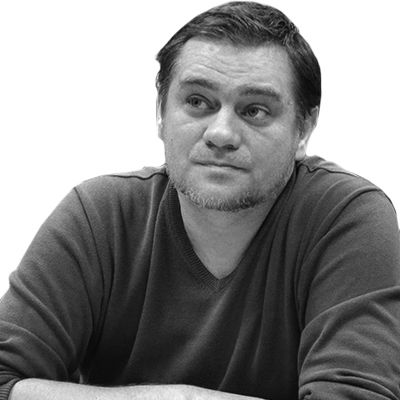
A year ago, Reznikov asked the SBU to open a case on undermining defence capabilities for my article on corruption in military procurement (Nikolov's investigation into the Ministry of Defence's purchases of food at prices higher than market prices — ed.) In all my interviews inside Ukraine and with foreign media, I kept saying this was the only case of pressure during the invasion. In the end, Reznikov was fired, but I was not imprisoned. But, as I see it, someone decided to change this scenario,
— Nikolov wrote, adding that he would not stop his work on exposing corruption.
Investigative journalist Danylo Mokryk, who previously worked for Bihus.Info and is now an investigator for the English-language media outlet The Kyiv Independent, compared the situation to how journalists were spied on by law enforcement for discrediting purposes in the past.
"About four years ago, one source told me in detail how, during the Yanukovych era, the Security Service of Ukraine was engaged in surveillance of various political opponents and generally inconvenient people for the authorities... not because they were important for the security of Ukraine, which the Security Service should have been doing. Just because they needed to have materials to discredit them," he wrote.
The head of the parliamentary committee on freedom of speech, Yaroslav Yurchyshyn, the Institute of Mass Information executive director, Oksana Romaniuk, and the Ukrainian media have already reacted to the incidents.
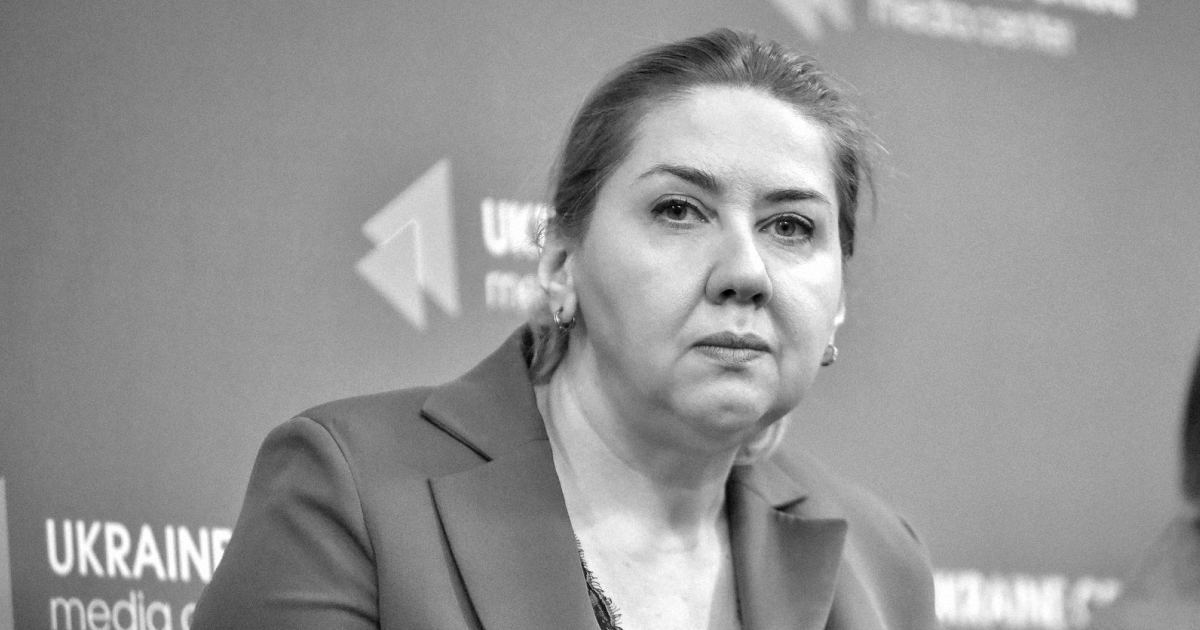
Yaroslav Yurchyshyn said, "The ID of a journalist, prosecutor or deputy is not and cannot be a ground for violating any law, but hidden recording, video leaks and pressure on the media are also unacceptable".
Oksana Romaniuk demands a strict reaction from the authorities to the constant pressure on journalists.
"Targeted attacks on the media, surveillance, and hidden video recording are unacceptable in a democratic country. And I'm upset to see examples that remind me of the times of [Viktor] Yanukovych (former president of Ukraine who suspended the country's movement towards EU membership, provoking a revolution. He fled to Russia and was accused of treason — ed.), that definitely have no place in 2024," she wrote.
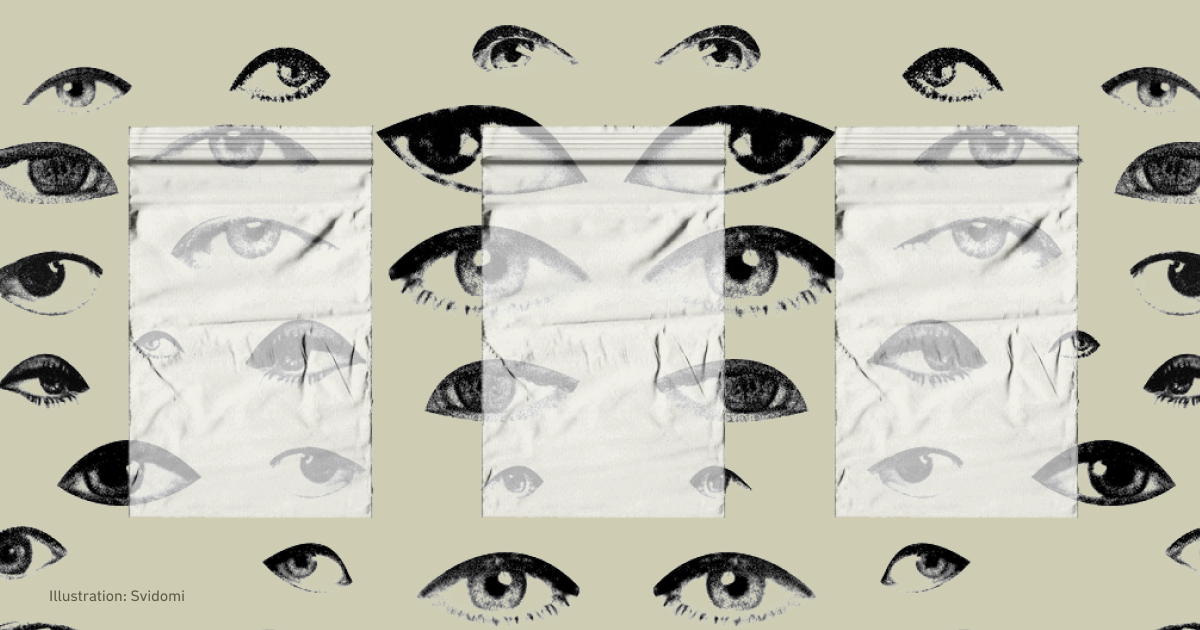
Law enforcement response
The Security Service of Ukraine opened criminal proceedings under Article 359 of the Criminal Code on the illegal purchase, sale or use of special technical means of obtaining information.
"The SBU believes that transparent and unhindered work of independent and professional media is an important condition for the development of Ukraine as a democratic state. Such facts of surveillance should be given a legal assessment, regardless of whether or not the covert filming materials revealed facts of possible violations of the law related to drug trafficking," the agency said.
In a commentary to Detector Media, Yurii Nikolov said that the head of the National Police is aware of the situation, and criminal proceedings may be opened in the near future for obstructing legitimate journalistic activity ( this violation is provided for in Article 171 of the Criminal Code of Ukraine).
In total, since the beginning of the full-scale invasion in Ukraine, human rights defenders have recorded 518 violations of freedom of speech. In 2022, according to the analysis of the international human rights organisation Reporters Without Borders, Ukraine moved from 97th place to 106th in terms of freedom of speech, and in 2023 it ranked 79th. Cases of violations of freedom of speech are mainly associated with Russian aggression, but they also document the persecution of journalists inside the country for their activities.
The Institute of Mass Information documented 150 violations of freedom of speech in Ukraine in 2023. Sixty-seven of them were committed by Russia as a result of its full-scale aggression against Ukraine.
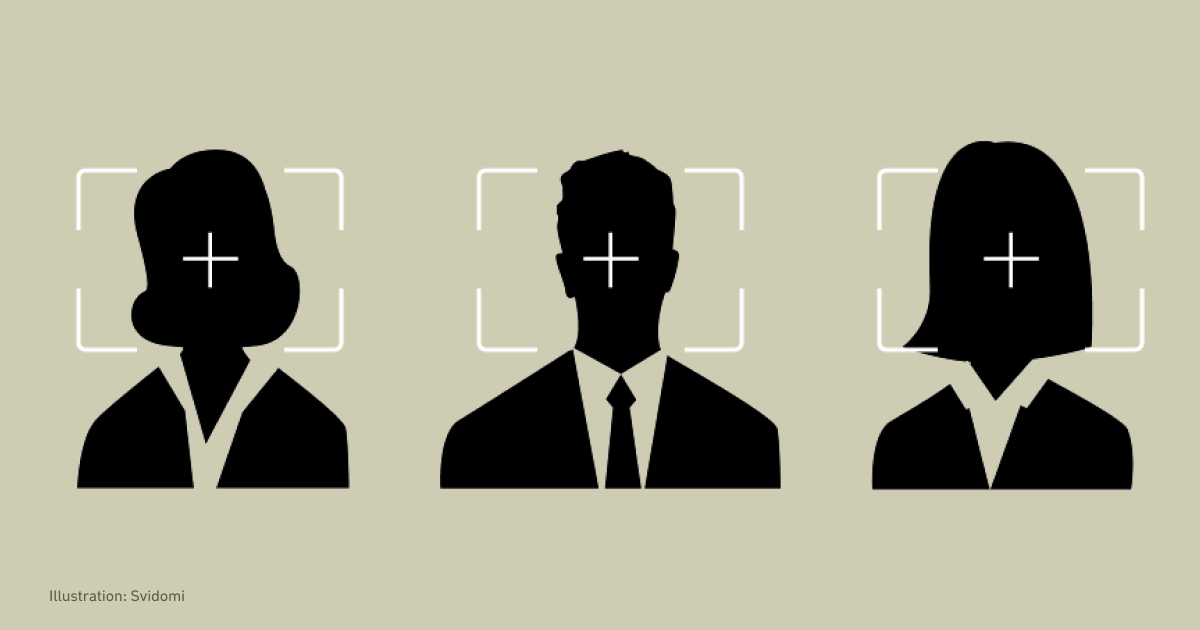
Ukraine is responsible for 83 cases of violations of freedom of speech. The main violations in 2023 were
- obstruction of journalistic activity — 29 cases;
- restriction of access to public information — 20 cases;
- cybercrime and threats — 11 cases each.
“This number is slightly lower than in 2022 (97 cases). For comparison: In 2021, the Institute of Mass Information recorded a total of 197 violations of freedom of speech, and in 2020 — 229 cases," the Institute of Mass Information notes.
"Over the past few days, we have witnessed attacks on Yurii Nikolov, a journalist with the Nashi Hroshi project, Bihus.Info, and before that, Detector Media, Ukraina Pravda, NV, Censor, Babel, Liga.net, and Espresso. In addition to provocations and attempts to discredit, there is surveillance, wiretapping, and violations of journalists' right to privacy — and all of this aims at putting pressure on independent media," the media movement (a community of Ukrainian Journalists — ed.) said in a statement published on the website of the Institute of Mass Information.


